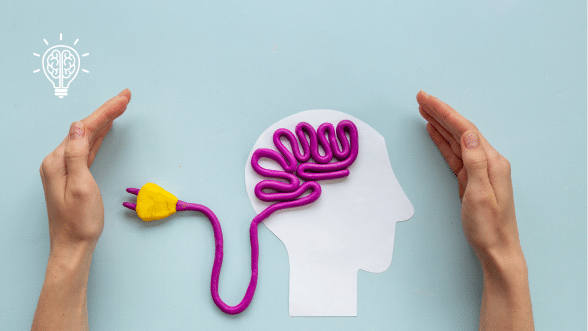What is Developmental Psychology?
- Developmental psychology is the scientific study of how and why people grow, change, and adapt over the course of their lives.
- It examines psychological, cognitive, emotional, and social development from infancy to old age.
- The field identifies patterns of growth and changes across specific stages of life (childhood, adolescence, adulthood, and aging).
- Developmental psychology draws from multiple disciplines, including neuroscience, education, and sociology, to offer a holistic understanding of human development.
Why is Developmental Psychology Important?
- Understanding Human Growth: Helps individuals understand how people develop and change throughout life.
- Educational Insight: Informs educators on the best ways to teach children at various developmental stages.
- Parenting Guidance: Offers parents strategies to support their child’s growth and development.
- Mental Health Support: Provides a foundation for addressing developmental disorders like ADHD, autism, and learning disabilities.
- Workforce Training: Assists HR professionals and managers in supporting the development of employees and their unique growth needs.
Key Components of Developmental Psychology
- Cognitive Development: The development of thinking, problem-solving, and decision-making abilities.
- Emotional Development: Changes in emotional regulation, empathy, and understanding emotions.
- Social Development: How individuals interact and build relationships with others across life stages.
- Moral Development: The development of ethical reasoning, morality, and understanding right from wrong.
- Physical Development: Changes in body growth, motor skills, and brain structure that affect behavior and learning.
How Does Developmental Psychology Relate to Executive Functions?
- Definition of Executive Functions: Executive functions are the cognitive processes responsible for goal-directed behavior, self-regulation, problem-solving, and decision-making.
- Link Between Executive Functions and Cognitive Development: Executive functions are essential for tasks like planning, attention, self-monitoring, and impulse control — all of which develop during childhood and adolescence.
- Developmental Stages of Executive Functions:
- Early Childhood: Impulse control and basic self-regulation skills begin to form.
- Middle Childhood: Planning and task initiation skills start to strengthen.
- Adolescence: Critical thinking, risk assessment, and long-term goal setting develop due to changes in brain structure, particularly in the prefrontal cortex.
- Adulthood: Executive functions continue to develop but are most robust in early to middle adulthood before gradually declining with age.
- Impact on Academic and Career Success: Strong executive functions enable individuals to prioritize tasks, control impulses, and meet deadlines. Developmental psychology provides insights into how these skills are nurtured and developed at different life stages.
- Intervention and Support: Children and teens with executive function deficits (such as ADHD) can benefit from coaching and structured support systems to strengthen these skills.
Examples of Developmental Psychology in Action
- Parenting Strategies: Parents encouraging children to use visual schedules to develop time management skills (related to executive functioning).
- Educational Curriculum Design: Schools introduce activities like puzzles and planning games to strengthen cognitive development and executive functions.
- Adolescent Mental Health: Therapists use developmental psychology to support teens with emotional self-regulation issues, especially those with ADHD or anxiety.
- Aging and Dementia Care: Support for older adults focuses on maintaining cognitive abilities and executive functions, like memory and decision-making, through mental exercises.




